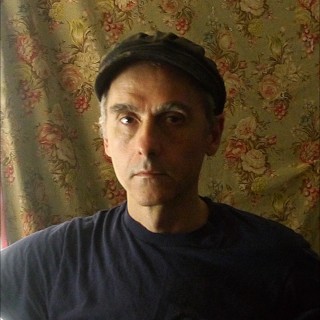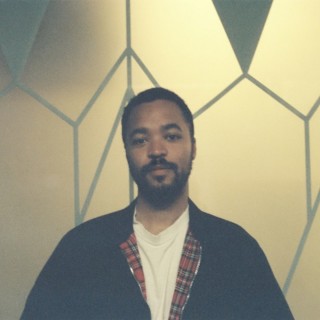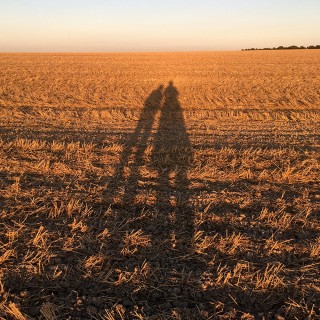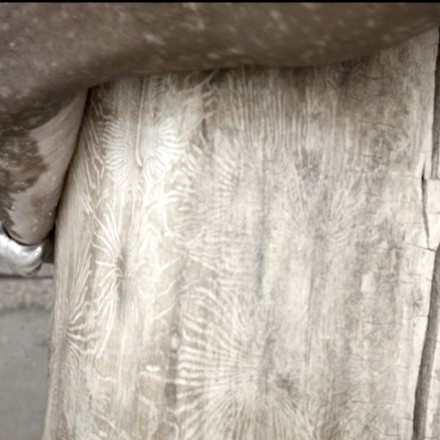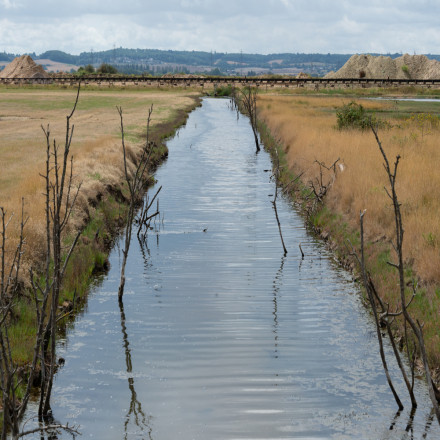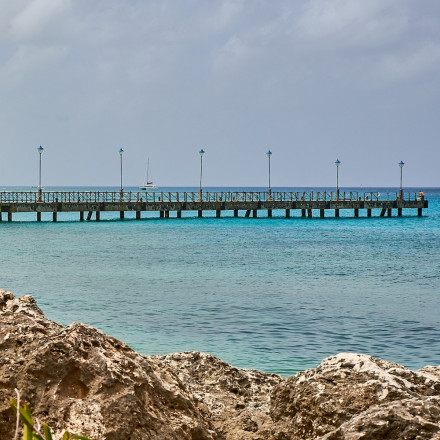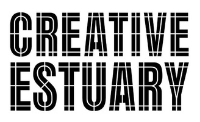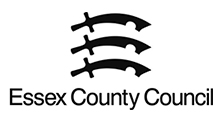The Telling Image
For Estuary 2021, curator Gareth Evans collected together ten short films from eight film makers that responded to the festival’s themes of climate, imperial legacy and rebellion.
He grouped these ten films under the title of The Telling Image and they were all shown live from this site from 22 May - 13 June.
Curator's statement
"As I write these notes, the British government is looking to force through a new bill imposing ever-greater limits – and penalties - on peaceful protest across the country. It’s a bill prompted in part by their distaste for the mass actions in support of Black Lives Matter and Extinction Rebellion over the last 18 months, causes that have created huge mobilisations globally, the pandemic notwithstanding (itself a symptom of the ecological crisis, as the devastation of habitats encourages species-to-species transmission). Add into the mix the explicitly anti-colonial aspect of both movements and you have a truly intersectional convergence internationally, one that undoubtedly makes reactionary administrations uneasy.
This film programme seeks – as does the wider Estuary 2021 festival – to think together about these urgent, shared concerns. As part of it, I have drawn together ten short films from eight makers (including one duo) to consider the problems we face and, implicitly or explicitly, to propose alternative ways of being in the world, arguing for structures that are more equal, just, environmentally gentle; more tender and supportive.
We might think here of a journey, both actual and creative; casting off with Anja Kirschner’s Jarmanesque Polly II and her pirate crews looking to survive and even thrive in a flooded East London. They’re surrounded by waste – of resources and opportunities – a theme Hannah Oliver deals with, head on. Waste is global, and forces us to question how “we connect what we see and hear with what’s actually happening?” as Sarah Wood & Ali Smith’s found footage essay film The Bravest Boat asks us to do. A response to such an enquiry might lead you, as it does Barbara Samuels in Morgan Quaintance’s geographically resonant Early Years, to change the course of your life.
One’s path is sometimes directed as much by representation (by others) as it is by action. Eelyn E Lee’s Casting Fu Manchu challenges racist casting stereotypes – pressing now given an exponential growth in anti-Chinese assaults over the last year. This is not all that has increased – fires, floods and hurricanes are now commonplace across the globe. Thanks to Gideon Mendel we join musician and activist Marco Frith as he shares his lament for a scorched Australian National Park in A Song for the Forest.
We stay in the South Pacific for the striking insights of acclaimed artist John Akomfrah, as he recalls a French Polynesian voyage in Stanley Schtinter’s John on the Void. This is engagement of another, but equally necessary sort, as is the committed witness of US filmmaker Jem Cohen (who, along with Akomfrah and Mendel, took part in Estuary 2016, this festival’s first edition). Cohen reminds us of Cohen reminds us of this in his three films; firstly This Climate and its relation to our financial system, while also celebrating music’s power to stand against oppression in his two collaborations with singer Marc Ribot for his ‘Songs of Resistance’ album, here in songs The Militant Ecologist and Bella Ciao with Meshell Ndegeocello and Tom Waits.
The future is uncertain. Authoritarians come and go, while their systems remain. But so too does resistance, and the telling image is among its primary tools. Onwards…!"
Image: still from This Climate by Jem Cohen, courtesy of the artist.

 maybe later
maybe later
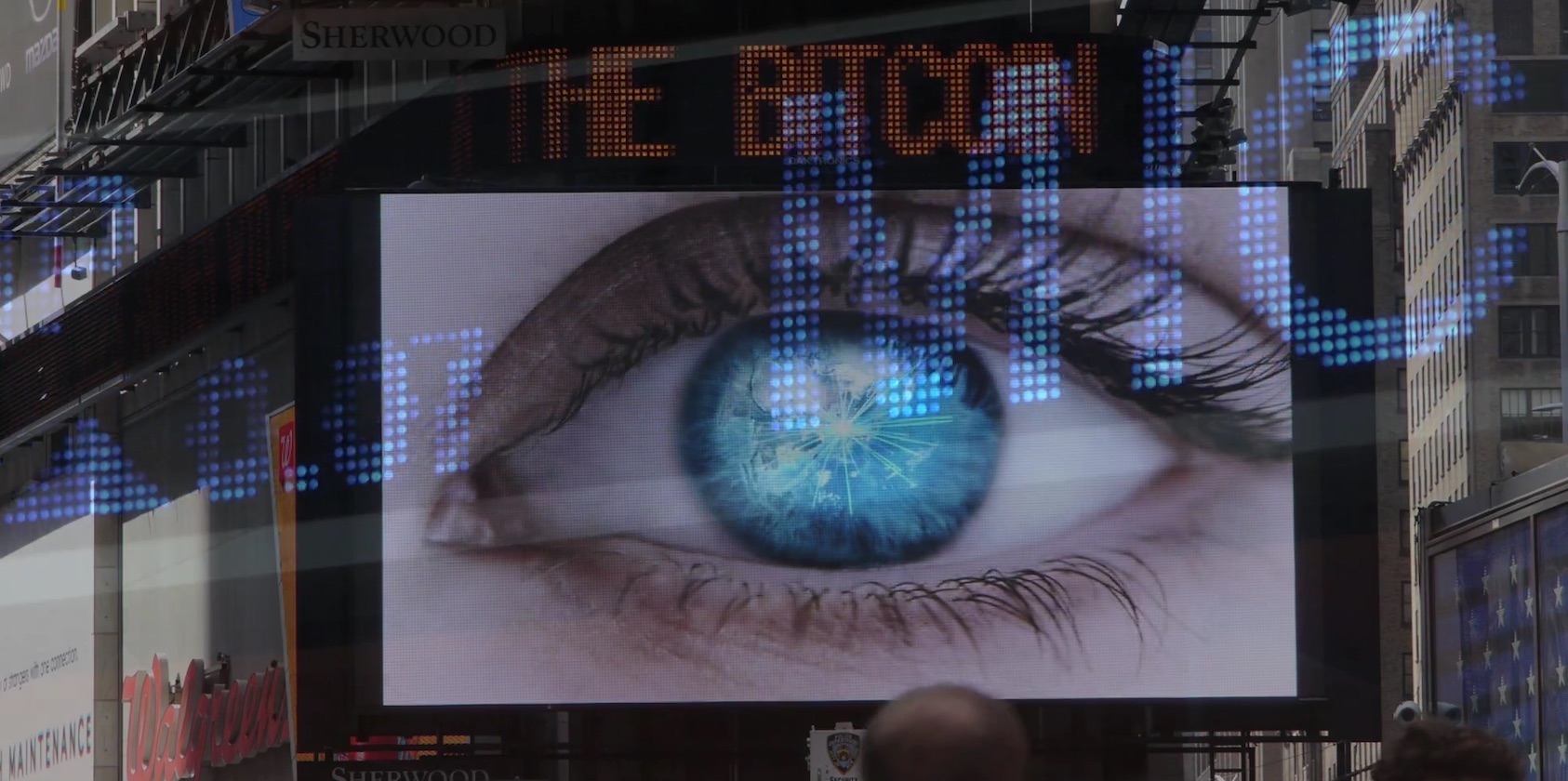


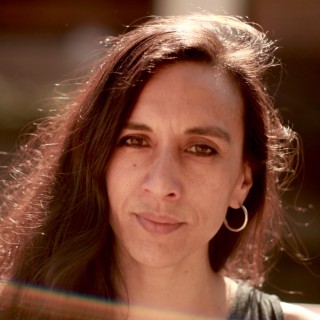
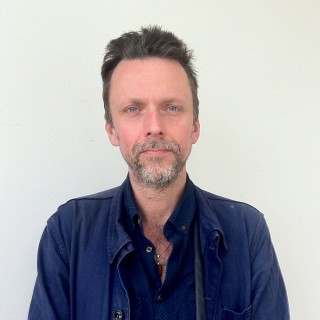
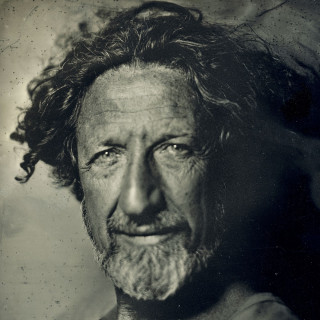
_-_website_square.png)
